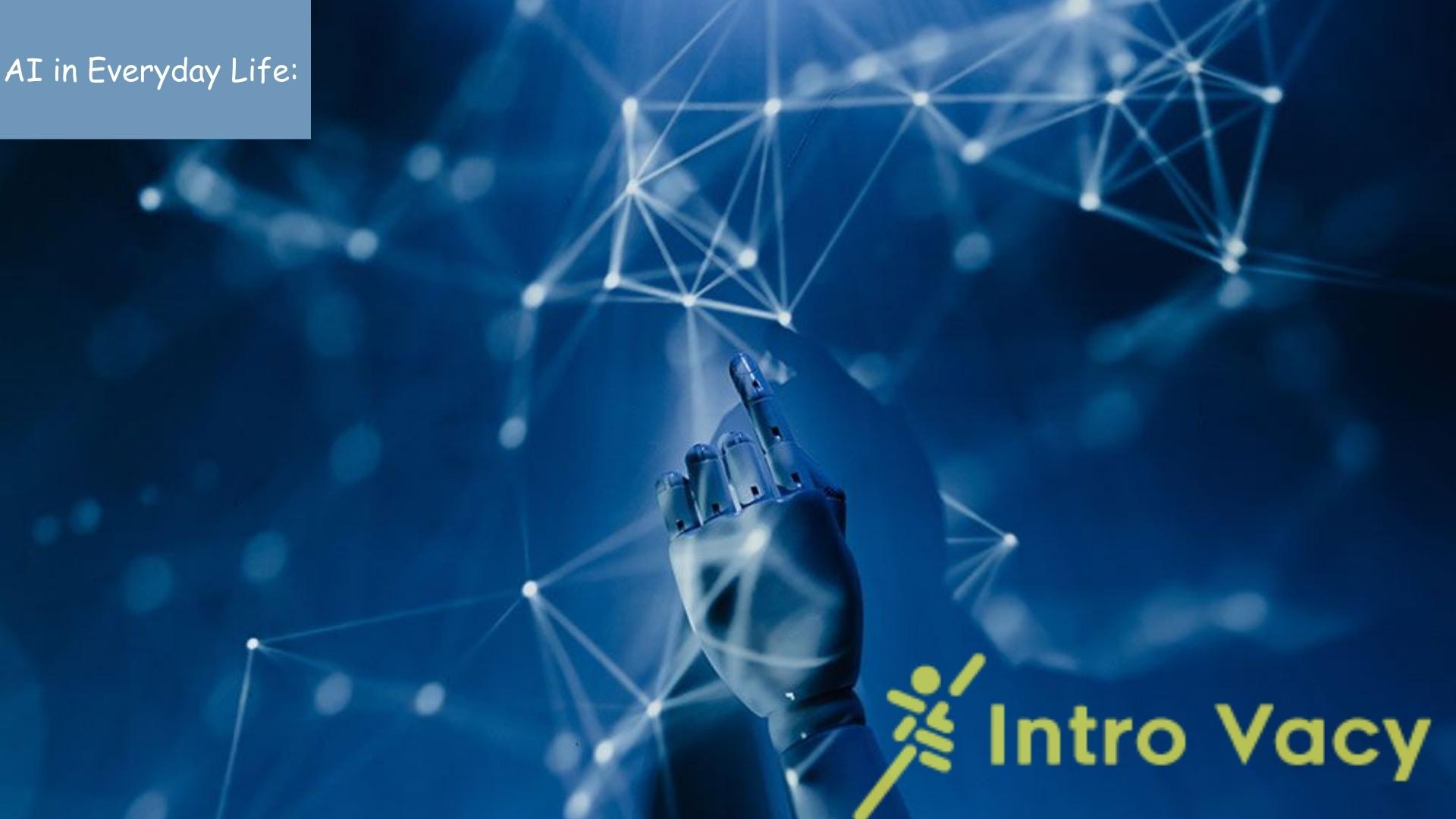Healthcare

The field of healthcare has been affected by AI in a significant way. Diagnostic technologies using AI capabilities are improving illness detection’s precision and effectiveness. Machine learning algorithms can analyse medical pictures like X-rays and MRIs to find abnormalities that a human eye might miss. Additionally, AI systems are supporting medical professionals in personalising treatment programmes, anticipating disease outbreaks, and improving patient outcomes.
The development of new drugs is another area in which AI is having a significant impact. Pharmaceutical companies are analysing massive databases with AI algorithms to find possible medication candidates more rapidly and affordably. This quickening of drug discovery might hasten the release of life-saving medicines.
Transportation
Due to AI, the transport sector has seen a significant revolution. AI algorithms and sensors in self-driving cars are ready to transform how we commute. These cars could lessen collisions, enhance traffic flow, and give people who are unable to drive mobility options.
Additionally, ride-sharing companies are using AI to optimise routes, set prices, and improve safety. AI algorithms analyse real-time data to forecast demand and distribute resources effectively, improving customer experience.
Entertainment

AI has improved the way we consume content by becoming part of the entertainment industry’s fabric. AI is used by streaming services like Netflix and Spotify to make recommendations for films, TV episodes, and songs based on viewer interests and viewing behaviour. Viewers are happy and kept interested in this personalised content delivery.
AI is used in the gaming industry to produce more competitive and realistic opponents. Players now get a more dynamic and immersive experience thanks to the increasingly intelligent and responsive game characters. In addition, the level of realism in video games is being pushed by AI-driven graphics rendering technology.
Education
AI is revolutionising education by personalising learning for each learner. Adaptive learning systems use AI algorithms to analyse a student’s progress and modify the curriculum as necessary. Students benefit from learning at their own pace and according to their learning styles, thanks to this personalised approach.
Additionally, chatbots and virtual tutors driven by AI offer students immediate assistance and support outside of regular class hours. Because of the ease of access to educational resources, students from all backgrounds and skill levels are playing on an even playing field.
E-commerce
Recommendation engines powered by AI have transformed internet buying. As a result of using AI to analyse user activity and preferences, businesses like Amazon are able to recommend things that are very likely to be of interest to customers. This boosts sales for companies while also improving the shopping experience.
Aside from marketing, AI has aided supply chain management. Demand forecasting, inventory optimisation, and logistics optimisation are all possible with predictive analytics powered by AI. Customers benefit from lower costs and more consistent delivery times as a result.
Finance
The financial industry has embraced AI for algorithmic trading, risk assessment, and fraud detection. Machine learning algorithms analyse large databases to spot questionable transactions and stop fraud. Additionally, AI-powered robo-advisors offer automated investment suggestions, increasing public access to financial services.
The use of AI in finance also includes customer support. Chatbots and virtual assistants are being used by banks and insurance businesses to respond to consumer questions, complete transactions, and offer help around the clock.
Social Media
For content filtering, user suggestions, and targeted advertising, social media companies heavily rely on AI. A safer online environment is achieved by using AI algorithms to analyse postings, photos, and videos for hazardous or improper information and remove them.
AI-driven algorithms also utilise user behaviour analysis to generate personalised content feeds that keep people on their platforms and addicted to them. AI enables advertisers to target particular demographics with their adverts, resulting in more successful marketing efforts.
Conclusion
Artificial intelligence has shaped the way we work, play, learn, and interact and has become an essential part of our daily lives. Healthcare, transportation, entertainment, education, e-commerce, finance, and social media are just a few of the fields where it finds use. As AI develops, it has the potential to further transform our environment by making it more effective, accessible, and individualised. To ensure that AI benefits all of humanity, however, these breakthroughs raise significant ethical and societal issues that must be addressed. The influence of AI on how we live our lives will develop and change how we perceive the world around us in the coming years.
